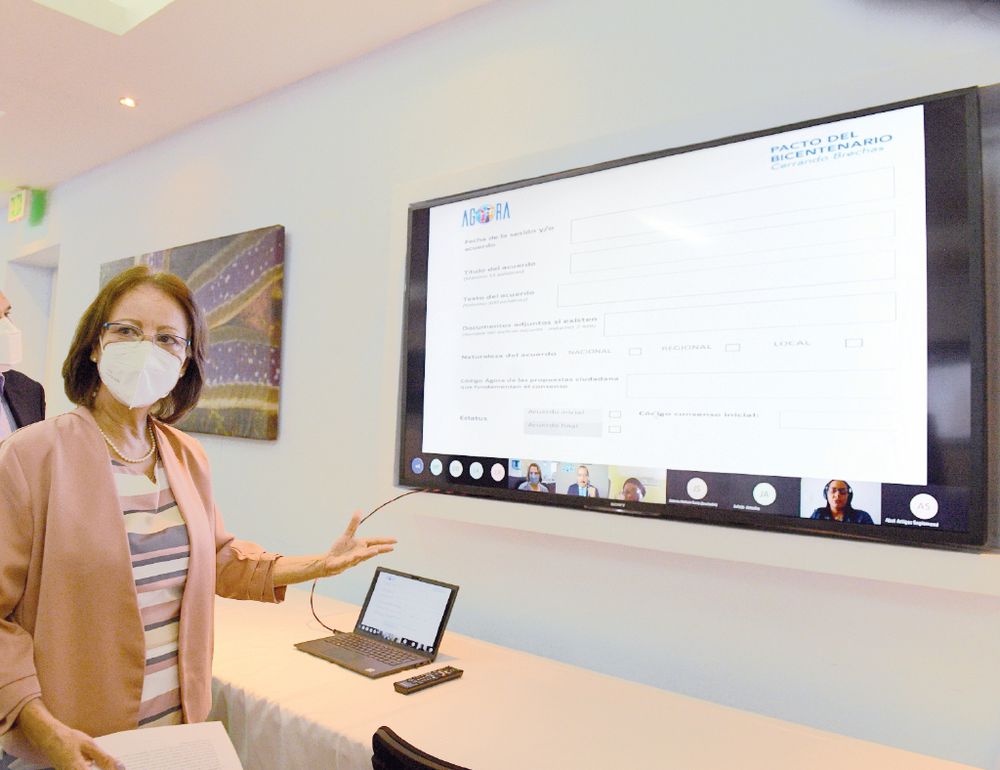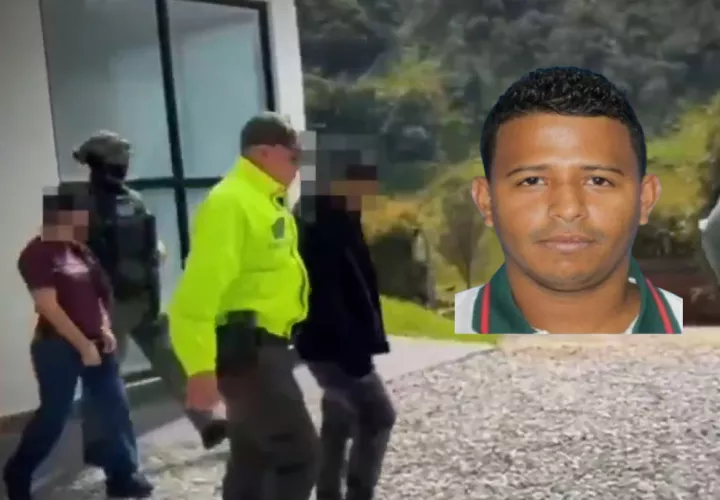Security and transparency key issues in report to Cortizo

Security and transparency are the principal issues in a report entitled “Closing Gaps” that will arrive on the desk of President Laurentino Cortizo in the coming days .
The report results from the dialogue of the Bicentennial Pact, in which 175,992 initiatives or ideas were analyzed.
Citizens demand more efficiency from the security forces in matters of crime and drug trafficking, since there is a “citizen dissatisfaction” in relation to the results obtained in the actions to contain delinquency and criminality, in proportion to “the costs and resources invested in the responsible institutions ”.
Among the 187 national consensus proposals accepted within the dialogue, there is one to comprehensively review the organic laws that govern the security estates and their management positions and human resources, in order to optimize the future projection.
Currently, the Public Force (National Police, National Border Service, National Aeronoaval Service, National Migration Service, and Institutional Protection Service) has more than 30,000 officials, of which about 25,000 are agents.
Top Heavy
The National Police alone has some200 commissioners (the highest grade in the hierarchy), 185 sub-commissioners, 313 majors, and 833 captains.
The budget of the Ministry of Security, headed by Juan Pino, which does not include the Institutional Protection Service (SPI), is $847 million for 2022.
In recent months, a wave of homicides has unleashed, many in broad daylight in places where they were not seen before. On this issue, Pino said that since November 1 they have given clear instructions to the agents to “search and prosecute” organized crime.
Citizens, appeal for better public policies of comprehensive security since they consider that the strategy of prevention and detection of common crimes and organized crime, by the National Police, does not respond to the citizen clamor. Likewise, they ask to adopt -through legal mechanisms- a national strategy for citizen security and to link crime prevention strategies with sports programs.
Another aspect that citizens question is the weak prison system, since there is a limited capacity of penal centers for the prevention of criminal recidivism and the re-socialization of the population deprived of liberty. Added to this is judicial delay, the violation of human rights, and corruption in the prison context.
It is also proposed to establish a general plan for the construction, adaptation, and maintenance of functional prisons, in compliance with international principles and standards for the protection of human rights.
Transparency
On the issue of transparency, the criticisms are focused on public and private management, where there is a “public mistrust”, as they warn about the lack of ethics in public and private entities, as well as poor accountability.
To counteract this mistrust, a national training plan on public ethics and transparency and the implementation of a general public administration law is proposed to optimize the regulatory framework for transparency.
Likewise, they ask for institutional strengthening through accountability and open governments, because there are “weak institutions” that are not adequately accountable.





